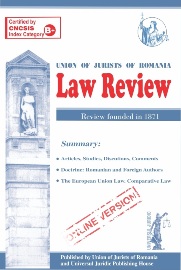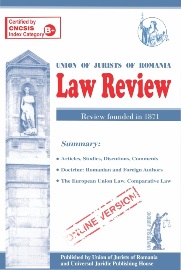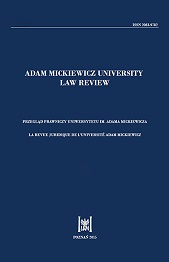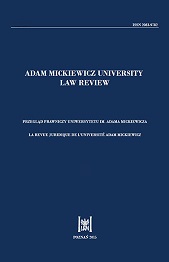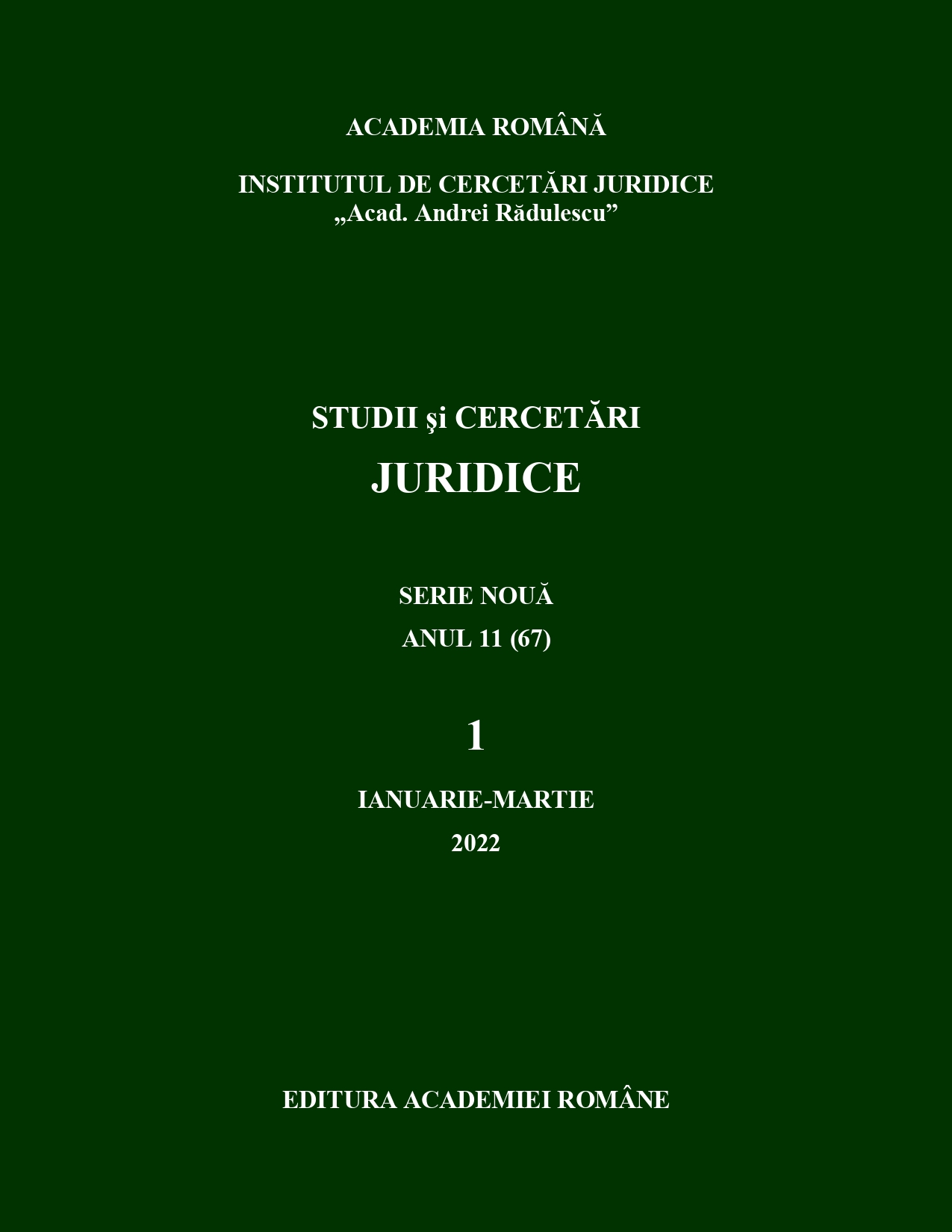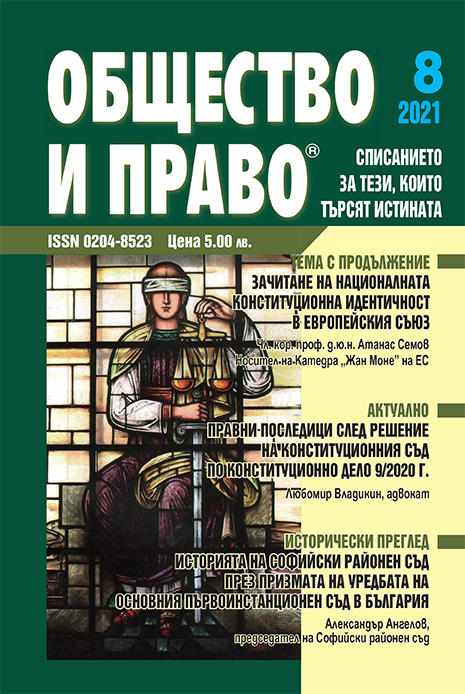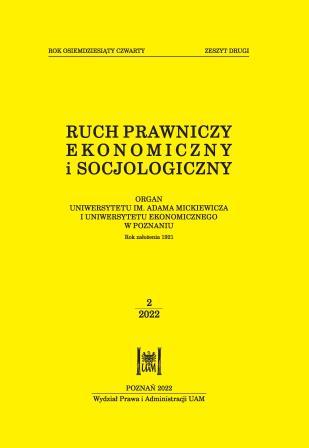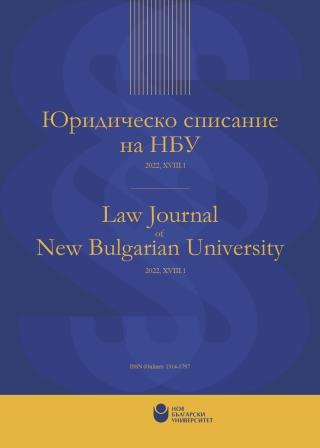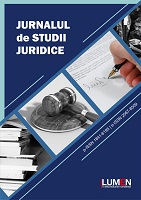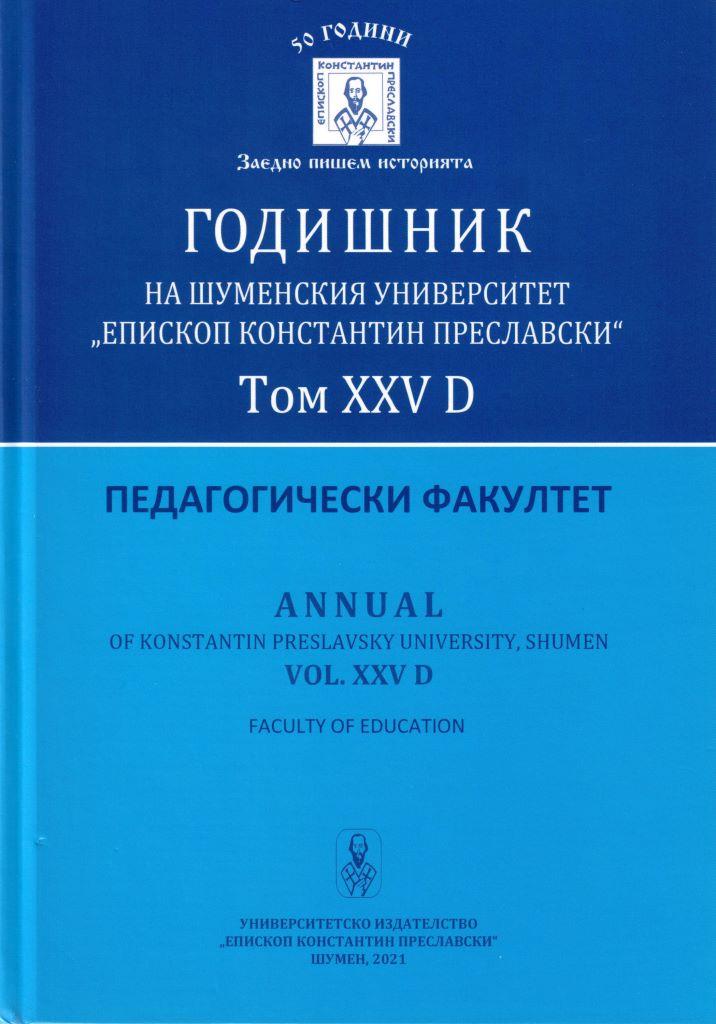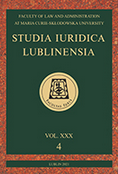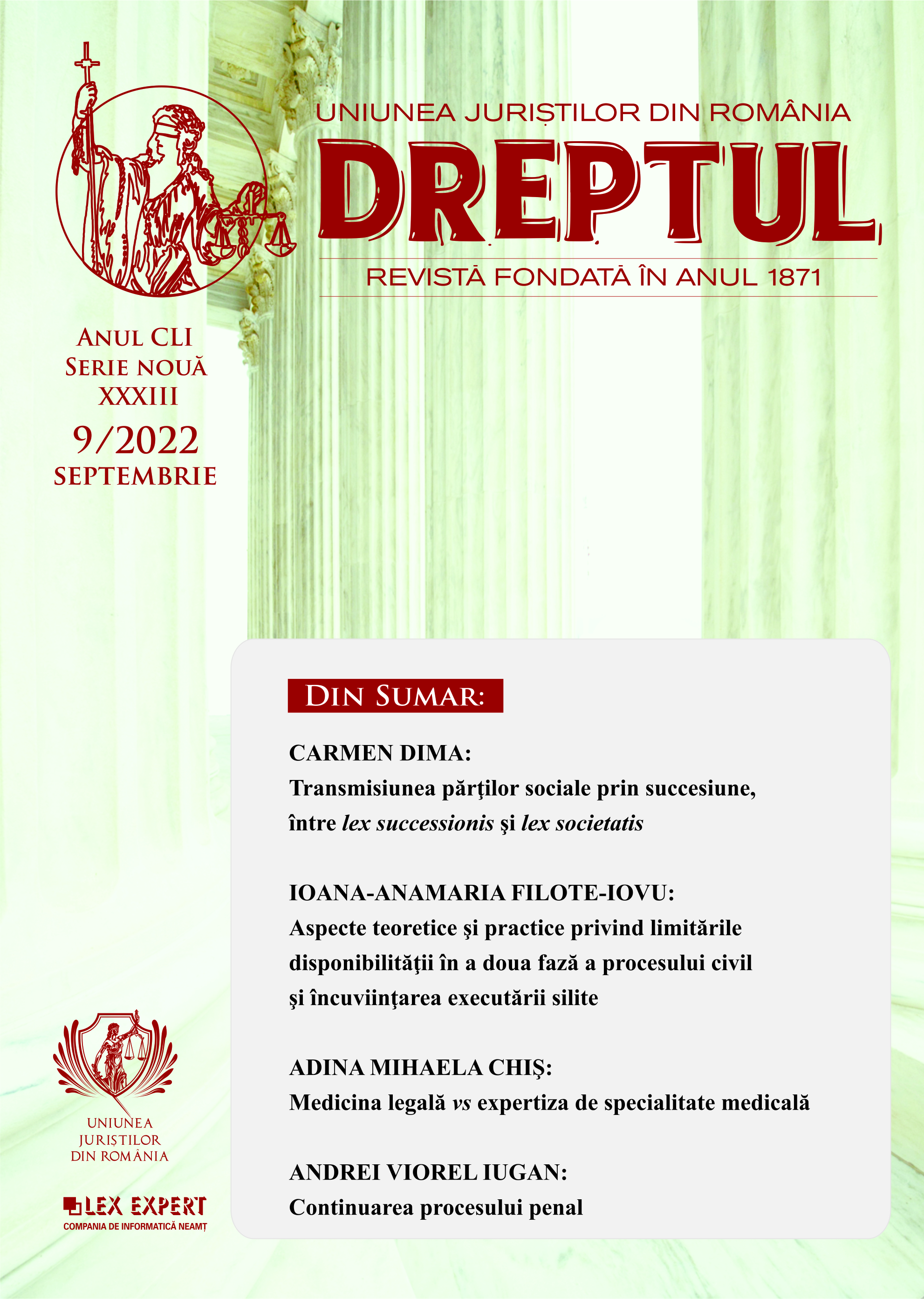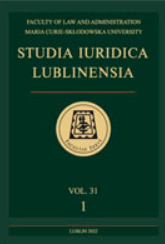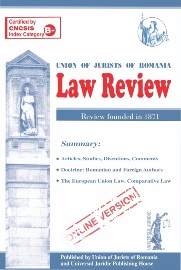
THE CHECKS AND BALANCE OF THE STATE BRANCHES IN ROMANIA. AN ADMINISTRATIVE ASSESSMENT
This paper talks about the extent of public administration in connection to the separation and equilibrium of state’s power. This paper will try to address what the government of Romania has failed to address, which are the topics that must concentrate on enhancing its legal power as part of one state branch. This article focuses, also, on the links between the doctrine of the separation of powers and the concept of public administration in a cross-state branches perspective. Even if, the separations doctrine is at the root of the concept of public administration it remains unclear how administration relates to the other state powers. What is more, the doctrine proofs that public administration is an inner actor of the state’s branches and it can unbalanced or balance them.
More...
